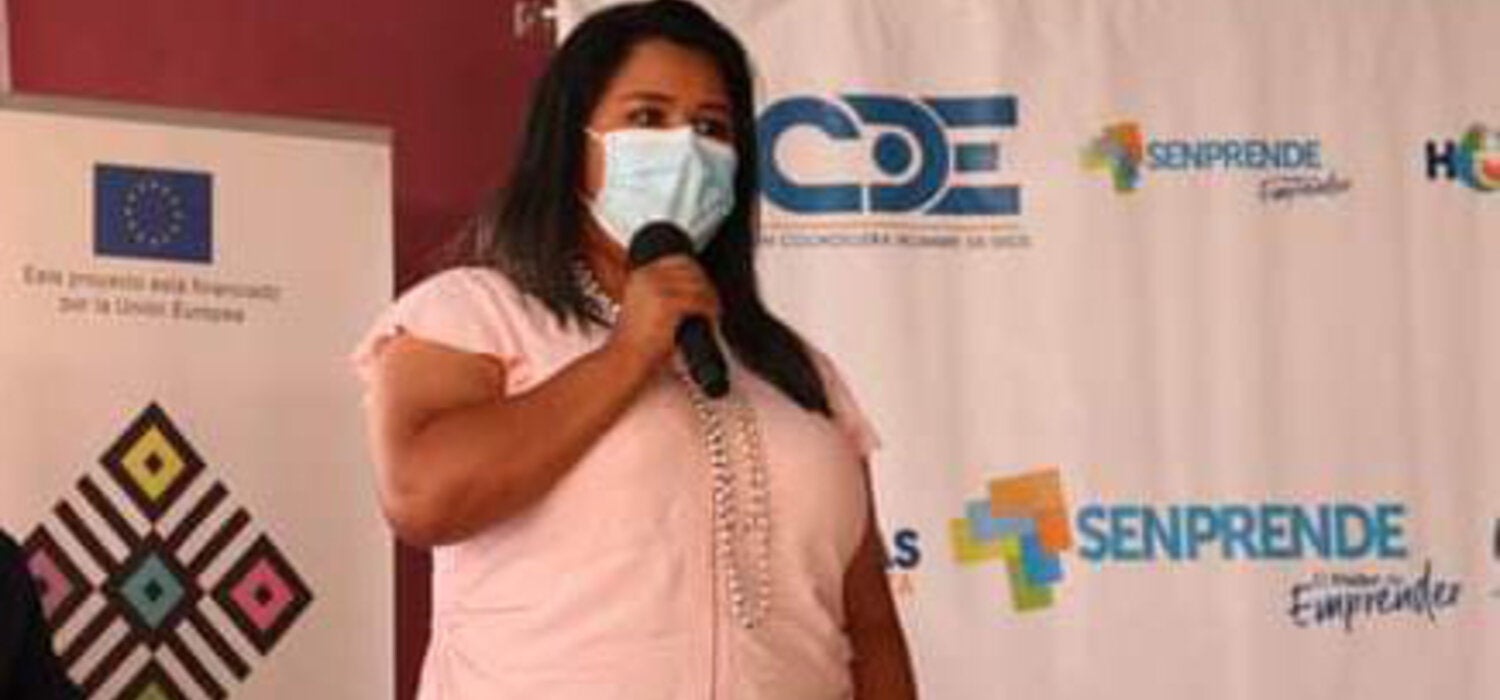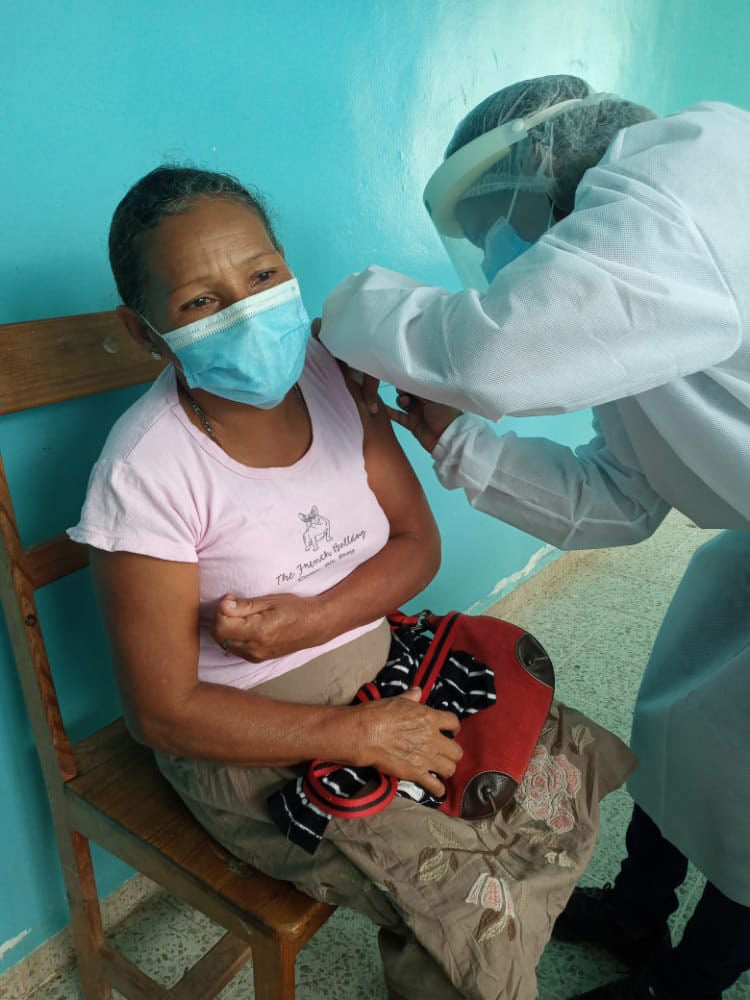August 9, 2021
For the past two years, Dr. Ena Banegas has been working in the municipality of Yorito, located in the north-central region of Honduras. The municipality has nine villages, three of which are inhabited by the Tolupán ethnic group, of which she is a native.
The 20-to-50-minute drive from the communities to the center of the municipality, where the incidence of COVID-19 cases has been high, was "an advantage for the indigenous population that lives in the highlands and goes down little to the center," says Ena. However, since the pandemic began and to protect its population, a series of measures have been taken: closing communities and commerce, suspending events with crowds, and inviting those who present symptoms to be tested for the virus.
Ena relates that she herself is a recovered COVID-19 patient. "I got infected here, working, following up with positive patients. I got sick in November last year, I was very ill," she recalls. After recovering and following the arrival of vaccines in the country, along with her colleagues in the health units, she received the first dose of the AstraZeneca vaccine in March of this year, a schedule she completed in June.
In Yorito, the vaccination began last June 21 and, according to Ena, it is helping to reduce the number of infections. This is also happening in the village of the Luquigue tribe, where she is from, and which still has a high incidence. "At the beginning we vaccinated by age ranges, starting from 50 to 59 years old and 70 years old and over. Sometimes people came when it was not their turn, then they had to be notified and that complicated the vaccination process a bit; now we are more fluid," says this health promoter who works in the municipality for the Honduran Ministry of Health.


